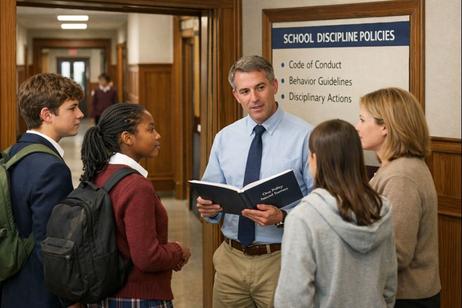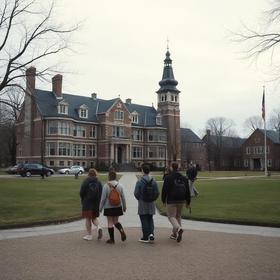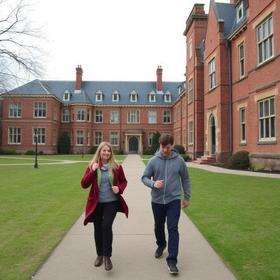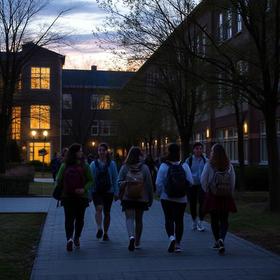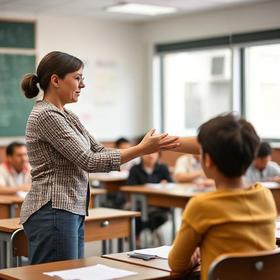How to Visit a Boarding School Campus: A Parent’s Checklist
Visiting a boarding school campus is one of the most important steps in the school selection process. While websites, viewbooks, and virtual tours provide useful background, nothing replaces the insight gained from walking a boarding school campus, observing daily life, and speaking directly with students and faculty. A thoughtful boarding school campus visit allows families to assess academic quality, residential culture, and overall fit in a way no brochure can replicate.
In 2026, boarding school campus visits are more flexible and informative than ever. Schools now blend traditional in-person tours with student-led conversations, classroom observations, and optional virtual follow-ups. This checklist is designed to help parents plan, execute, and evaluate a boarding school campus visit with confidence and clarity.
Why Visiting a Boarding School Campus Still Matters in 2026
Even as admissions offices invest heavily in digital storytelling, a boarding school campus visit remains essential. Families consistently report that campus visits influence final enrollment decisions more than rankings or test scores. A boarding school campus reveals how students interact, how faculty engage learners, and how residential life operates after classes end.
During a boarding school campus visit, parents can evaluate whether the environment feels supportive, structured, and aligned with their child’s learning style. Students, meanwhile, can imagine themselves living, studying, and forming friendships on that boarding school campus. These impressions are difficult to capture through screens alone.
Before You Visit a Boarding




